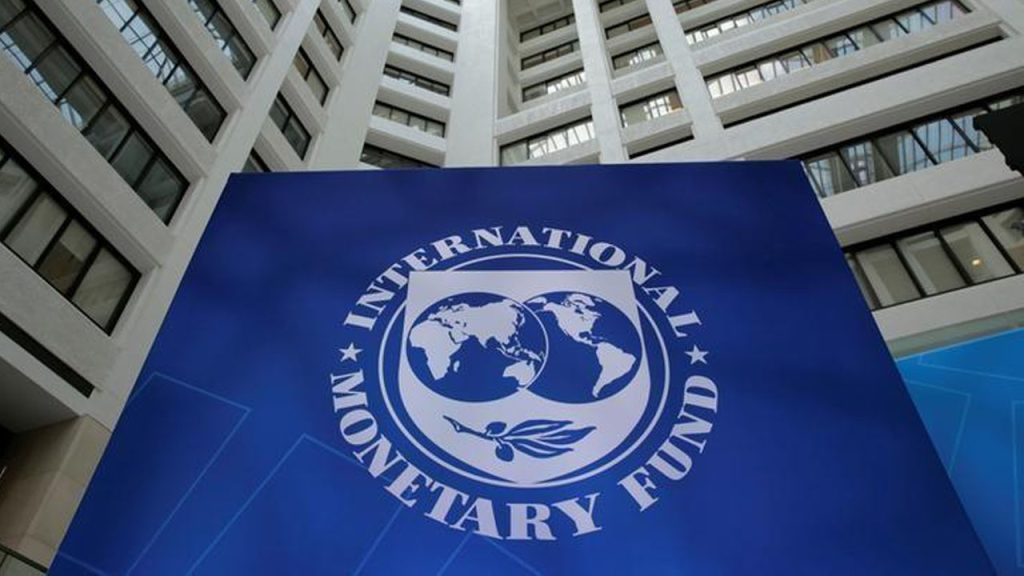Nigeria has depended on foreign loans to fund infrastructure projects and close budget deficits, much like many other developing countries. Even though these loans can boost economic expansion, there are serious hazards associated with them, especially if they are not properly managed.
Loans from overseas might have two sides. They can, on the one hand, provide jobs, increase economic growth, and supply much-needed funding for development initiatives. For example, loans from organisations such as the World Bank and the International Monetary Fund (IMF) have been utilised to finance electricity plants, bridges, and other vital infrastructure projects.
Nevertheless, as Nigeria has previously seen, taking on too much debt can result in financial difficulties. Due to the nation’s history of missing payments, its creditworthiness may be harmed, and future borrowing may become more challenging.
Nigeria’s overall national debt, which includes a sizable amount of external debt, was over N77 trillion as of 2023. The nation’s capacity to pay back its debts and fulfil its debt commitments has come under scrutiny due to this debt load.
Nigeria needs to take a cautious approach to borrowing to reduce the dangers connected with debt. This entails making sure that the money is spent effectively, preventing excessive borrowing, and carefully evaluating the economic and social implications of each loan.

Furthermore, managing public debt requires accountability and openness. Regarding its borrowing plans, loan terms, and the use of the money, the government needs to be open and honest. In order to keep an eye on government expenditure and hold officials responsible, civil society organisations and the media are essential.
While foreign loans can be a useful instrument for economic growth, their usage needs to be prudent. Nigeria can take advantage of foreign funding without getting into a debt trap, through the implementation of prudent fiscal policies, giving debt sustainability a priority, and encouraging openness and accountability.


